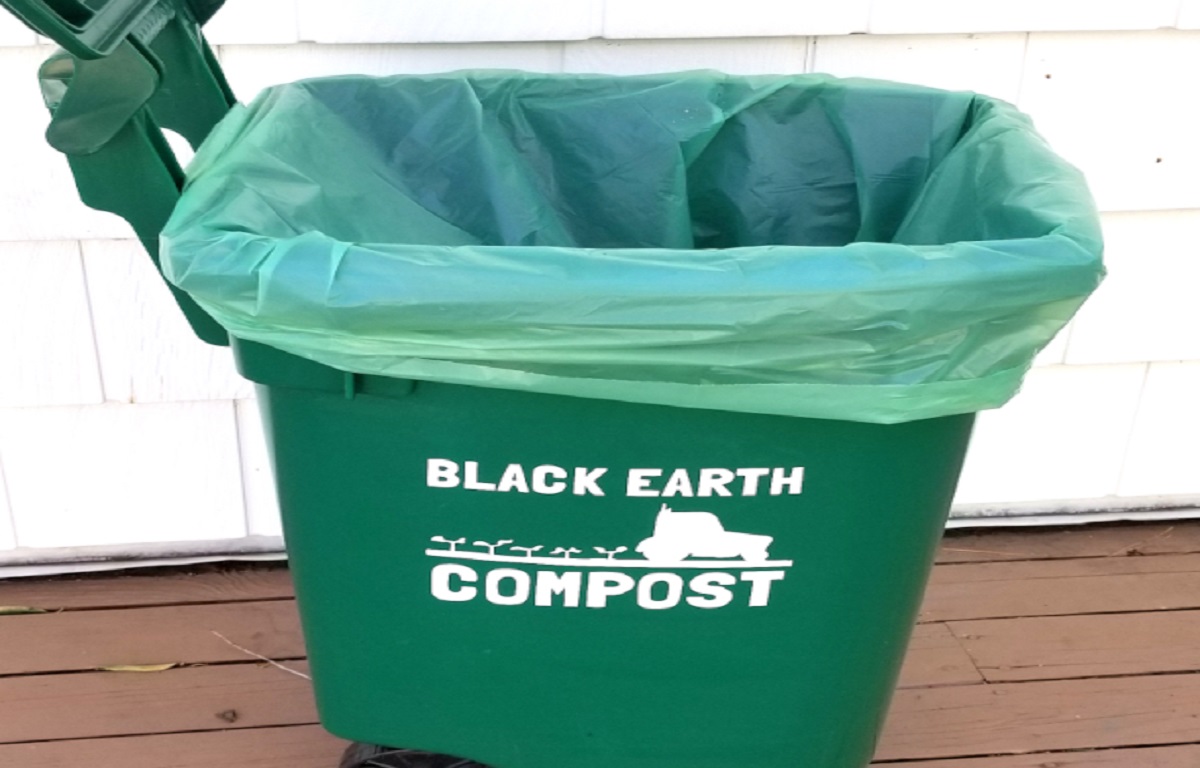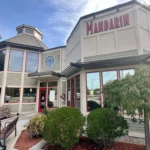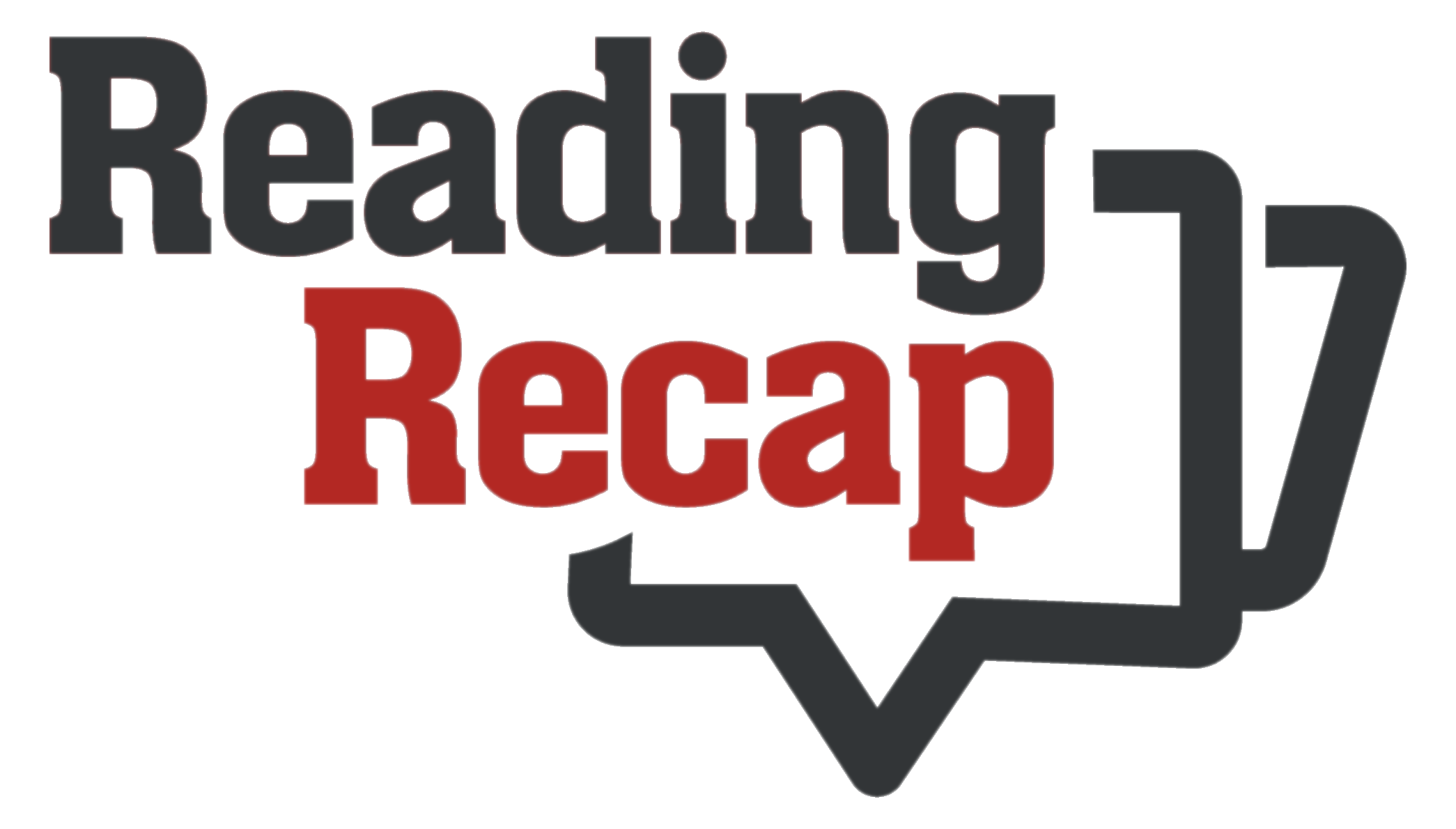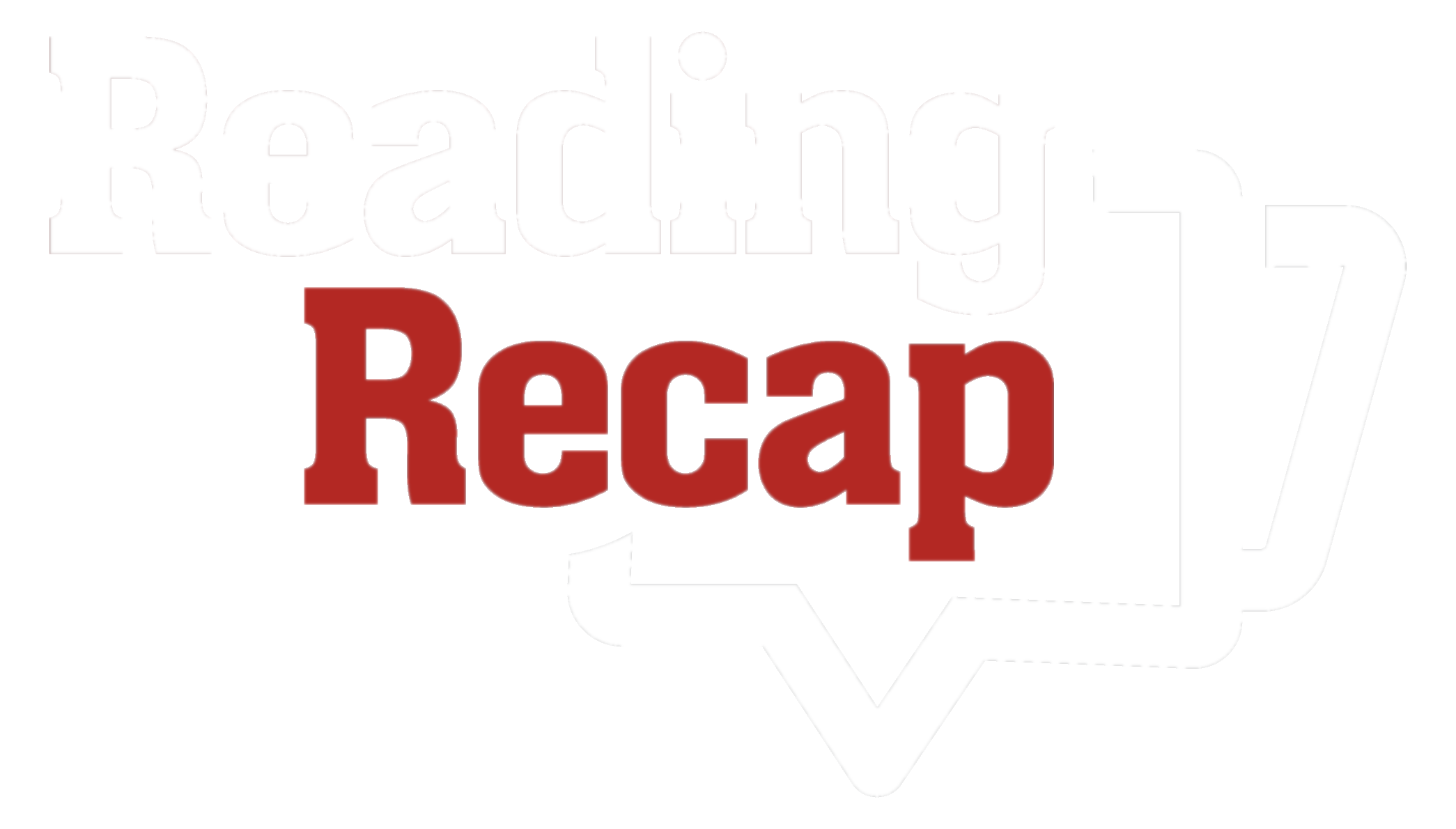Earth Day action: Turn your spoils to soil!
Looking for a way to celebrate and protect the environment this Earth Day? Try food-waste composting–it’s easy, and a good way to enrich our soil and fight climate change.
There are two convenient ways to compost kitchen scraps in Reading: in your backyard or via curbside pickup.
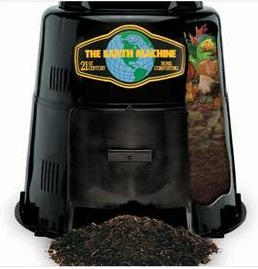
You can order a BACKYARD COMPOSTING BIN through the Reading DPW, at a discount. Eighty-gallon easy-to use bins are made from recycled content and have a twist-locking lid, a harvest door for easy compost removal, vertical and horizontal ventilation, and a UV stabilizer to resist deterioration from sunlight. Good for turning fruit and vegetable scraps, leaves, and grass into nutritious compost for your lawn and garden!
With an instant rebate of $21, your final cost is $30 per bin. To apply, go to Licenses & Permits on the Town’s homepage (www.readingma.gov); you’ll find the application under DPW/Engineering.
Or subscribe to BLACK EARTH COMPOST’s weekly curbside pickup service (blackearthcompost.com). With Black Earth, you can compost more scraps: meat, dairy, bones, and more, in addition to fruit and vegetable scraps.
The Town will help you get started with Black Earth: when you sign up, you’ll get directions on how to pick up the sturdy green curbside bin and a starter roll of liner bags, about a $30 value.
Food-waste composting benefits the environment and the Town budget. Compost returns valuable nutrients and microorganisms to depleted soil. Adding compost helps the ecosystems in the soil hold onto more carbon and more water—one step in the fight against climate change. And, because food waste makes up 30%–40% of the waste stream and is so heavy, removing it can save the Town money on trash.
Reading Composts!, a Reading volunteer group (see Reading Composts! on Facebook), encourages you to “turn your spoils to soil” this Earth Day!


